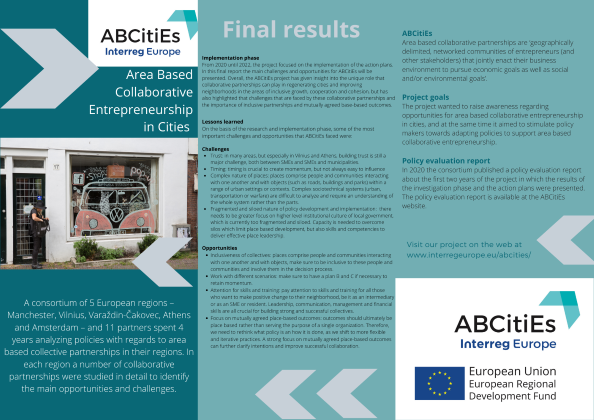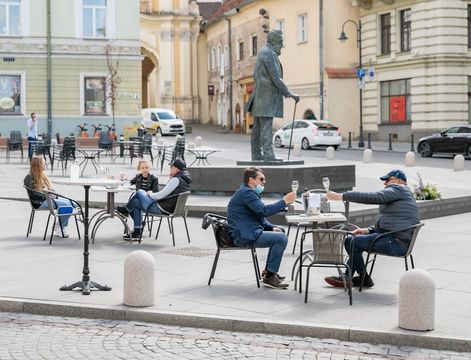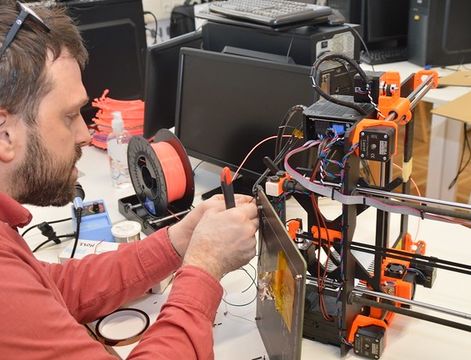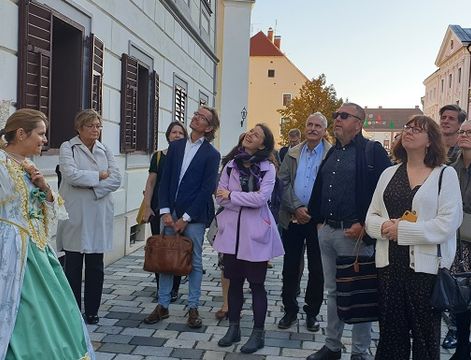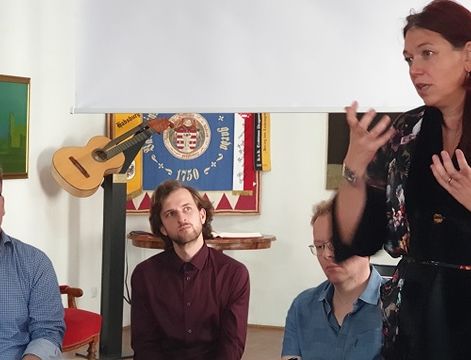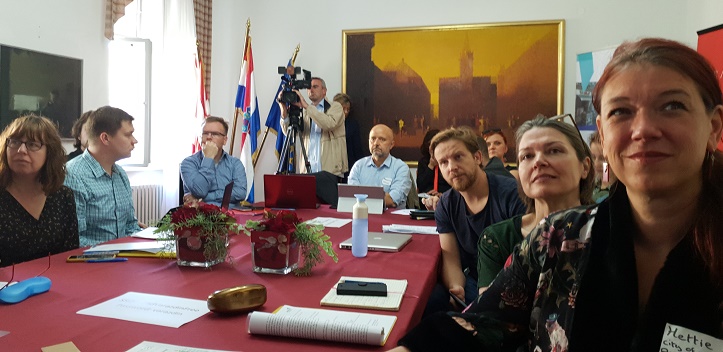Across European cities local entrepreneurs are joining forces in new ways, forming collectives to stimulate business growth and innovation and to create a more attractive business environment. Area Based Collaborative Entrepreneurship (ABCE) means entrepreneurs collaborate by co-investing in facilities or technology, market their urban district collectively, improve shared public space, etc. Sometimes forced by difficult economic times, sometimes activated by political reform stimulating and supporting co-creation in the city.
Is Area Based Collaboration of Entrepreneurs the new way or a new way of giving shape to our cities? And if so, how does it contribute to the development, livability and sustainability of neighbourhoods, shopping streets, innovation quarters and business districts? And how can policy be formed to make these initiatives thrive and sustainable? Willem van Winden gives us some first answers and ideas, as a starting point for our research project.
Local entrepreneurs working together in their neighbourhood: what’s new?
"It is as old as humanity. But we see new forms emerging: firms realize they depend on each other and on their physical and social environment. They are looking for new types of collaboration and self-management."
What do you think is the real value of local entrepreneurs working together in such initiatives?
“What we see is that Area based collaborative entrepreneurship (ABCE) fosters urban regeneration as the participating firms are most often strongly connected to their neighbourhood. They are not only committed to join forces to stimulate business, but also to achieve social goals, for example a better community, or a nicer physical environment. ABCE therefore supports inclusive growth, cooperation and cohesion in their network and neighbourhood. In this role, they also address the negative impacts of globalization such as economic restructuring, income inequality and the decline of urban areas.”
Is the value and contribution of these initiatives known by local governments?
"Yes, I think the value of such collectives is increasingly recognized by local governments. Some have put specific policy measures in place to stimulate collaborative initiatives, because they see the positive energy and outcomes of collective action. At the same time, local authorities struggle with the question how to manage or control local collectives, and how the self-organization relates to the legal responsibilities of the government."
What do you expect to know more at the end of our research?
"We hope to have a better view on the current state-of-play of area based collaborative initiatives in our partner cities, the barriers, and the challenges. We want to find out how such initiatives contribute to economic, social and environmental goals. Also, we intend to advice local and regional policymakers how their policy instruments can best promote facilitate such initiatives, and how they can include effective measures in their regional; operational programmes."
&nb


